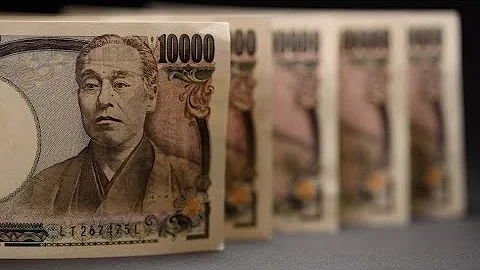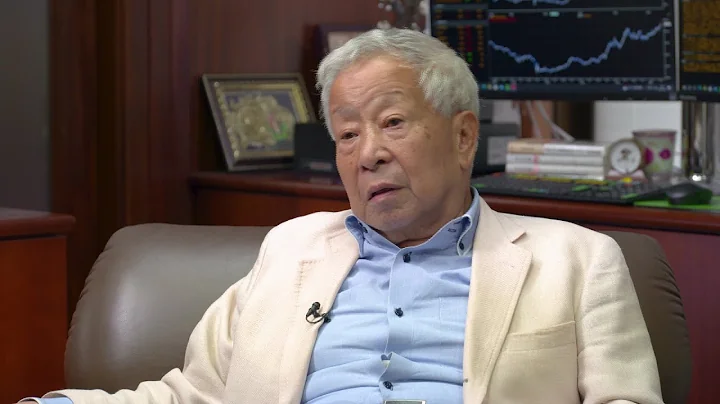A survey conducted by the Japan Business Executives Association showed that about 74% of Japanese business managers said that the weak yen has had a negative impact on the Japanese economy. Nearly 81% of respondents expect USD/JPY to remain above 135. Still, the Bank of Japan has not issued a hawkish signal to support the yen, giving hedge fund and options traders room to be further bearish.
Zhitong Finance learned that slightly more than 30% of the respondents said that the yen’s exchange rate against the US dollar has fallen to a 20-year low, which is eroding corporate profits. 26% of respondents said that the yen is boosting corporate profits. The survey was conducted from May 23 to June 1 and received a total of 197 responses from business executives: 52 from the manufacturing industry and the rest from the service industry.

Respondents cited a variety of negative impacts from the depreciation of the yen, including the decline in the value of Japanese companies, the expansion of Japan's trade deficit and the increase in household import costs. These remarks are in sharp contrast to the Bank of Japan Governor Kuroda Haruhiko who has repeatedly emphasized that the depreciation of the yen is beneficial to the overall economy.
Kuroda Haruhiko believes that the Bank of Japan should adhere to loose monetary policy to support economic growth, rather than curb inflation by raising interest rates and currency appreciation. With the Federal Reserve and peers at other institutions rapidly raising interest rates, the widening policy differences have further contributed to the depreciation of the yen.
Speculators are gathering around the troubled yen, and positions have not expanded. The dovish Bank of Japan policy suggests that shorts still have room to enter.
The yen exchange rate has fallen for five consecutive days. Judging from the current situation, the yen may continue to hit new lows. As investors intensify their bets on a weaker yen, the yen exchange rate is just one step away from its lowest point in 2002 and closer to its lowest point in about 24 years (around 140).
John Hardy, head of FX strategist at Saxo Bank, wrote in a note that "there may be no effective ceiling" for USD/JPY unless global bond yields pull back sharply or the Bank of Japan gives up its control over the yield curve. Policy commitment to suppress Japanese government bond yields.
The following three charts show the "confidence" of bearish traders:
Citigroup The indicator measuring trader sentiment is still in the bearish range, but it is currently -44. The more extreme bearish sentiment is still far away from January this year. There is still some room to hit the low of -79, which is also the lowest level since 2007.

Non-commercial positioning data from the U.S. Commodity Futures Trading Commission (CFTC) shows that hedge funds have been bearish on the yen since March last year, but current levels are the same as they have been for much of the past decade. The data shows that bearish positions would have to double to reach the record level of net short positions in 2007.

The yen’s one-month risk reversal, an indicator of the direction expected in the options market over that time frame, showed traders were bracing for bigger yen losses in March and May, according to data compiled by Bloomberg. Similar patterns are evident at 6 months and 1 year.

Bill Maldonado, chief investment officer of Eastspring Investments, wrote in a recent report: "We expect the yen to continue to weaken as long as the Bank of Japan maintains its extremely dovish stance and the Federal Reserve continues to raise interest rates."





















